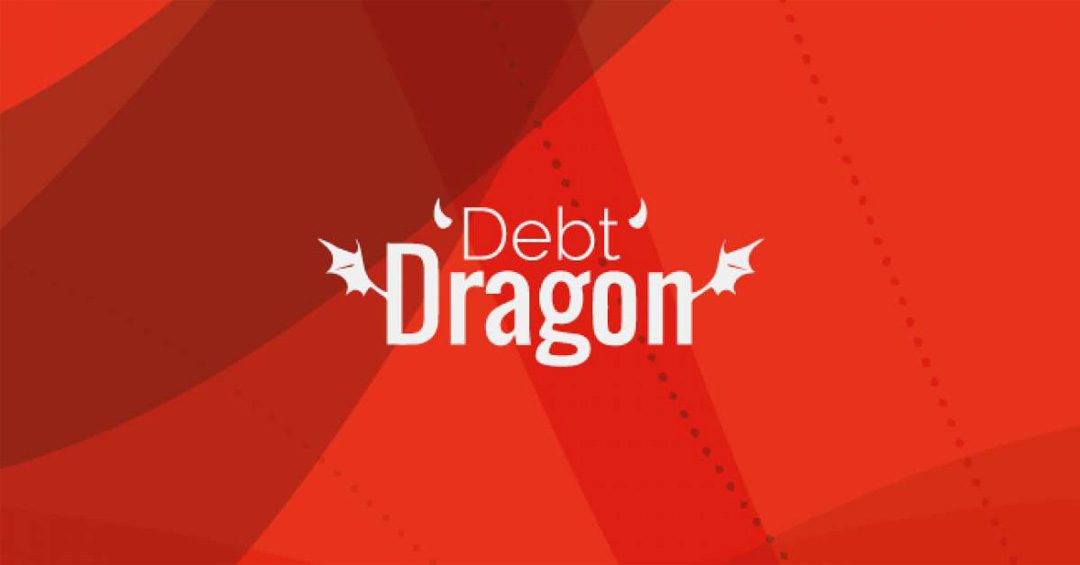BY THE NAMIBIAN (Editorial) President Hage Geingob and finance minister Calle Schlettwein are correct when they tell Namibians not to worry that China could ensnare the country into a debt trap.
After all, the minister said Namibia’s debt to the dragon state is only N$2 billion, a paltry 2,7% of the N$73,8 billion government debt, according to the current national budget. Even as a percentage of the N$30 billion foreign debt, we are hardly beholden to China.
If we are to worry about who we owe, China may truly be the least of our concerns; even if we take on the additional N$10 billion that the Asian superpower has agreed to lend Namibia.
Taxpayers and voters should, therefore, not confuse trees for a forest. The much bigger problems Namibians should worry about is their elected officials and top decision-makers’ penchant for secrecy and lack of accountability.
To be sure, concern about the debt trap is justified. In the coming seven years, Namibia must pay off N$33 billion in loans, two- thirds of which are in foreign currency. Hard currency loans stood at about N$17 billion as of the end of the first quarter of 2018, according to the Bank of Namibia’s latest quarterly bulletin.
The first eurobond must be fully paid by 2021. And the money Namibia would spend could be more than the current estimates if our dollar and the rand continue to get weaker at the current rate.
Though we could borrow more to settle the dues, it is likely that the cost of borrowing anew will be higher because the economy is not showing structural improvements to assure lenders that healthy growth would enable us to repay. Last year, we spent N$5 billion on interest payments on our sovereign debt.
At this stage, unfortunately, we have to borrow. The alternative is akin to closing the taps, which will be like chopping off a branch on which one is hanging (otwiike koshitayi wa londako).
Therefore, taxpayers and voters, in general, must focus on what the leaders are doing with the borrowed funds. It’s 28 years since Namibia became independent, and voters can now see and feel how billions of dollars have been wasted on luxuries and show-off projects, instead of productive development.
Insufficient public funds (after all, the government is only the custodian and not owner of public funds) have not gone into the improvement of housing, public health, education, nationwide electricity and water provision. Those are the variables most data indicate as crucial to better living standards.
Instead, the political class, bureaucratic enforcers and their business cronies have used the genuine calls for investment in infrastructure to spend on pet projects.
Some of those were grandiose and political blockbusters, such as former President Sam Nujoma’s railway from Tsumeb to Oshikango (N$3 billion or more), instead of fixing the feeder rail from the port of Walvis Bay into the hinterland. Another is the over N$3 billion sunk in a hole, called Neckartal Dam, by former President Hifikepunye Pohamba to placate southern voters, who complained that “development” was only headed north. “Development” has been abused and misappropriated to serve a few.
Though President Geingob was part of the wasteful spending, he apparently has learnt little from his own and his predecessors’ mistakes, except rhetorical platitudes.
Geingob claims to be transparent and accountable. But being seen and heard does not equal transparency and accountability.
For secrecy, look at one of many examples. Geingob is relentlessly pushing for multibillion-dollar spending towards construction or upgrade of the Hosea Kutako International Airport, allegedly to turn Namibia into a logistics hub similar to Singapore and Dubai.
But where is transparency and accountability if details of the planned construction are not laid bare for all to see and provide their well-thought through analysis before the project began? Where is the justification that the financial costs will be outweighed by the economic benefits? Claims as to the benefits require credible evidence, not personal perceptions or self-serving anecdotes.
How many projects, including the Tsumeb-Oshikango railway, Neckartal, Tipeeg and the green schemes, have not been used to exaggerate the benefits, only for critics to be proved correct?
Instead, the elected officials prefer to dismiss anyone who dares to question what often turns out as half-baked planning or complete lies used to justify spending.
While we should not accept it when Geingob and his officials say China’s money comes with no strings attached (there’s no such thing as a free lunch), Namibians, who care about the long-term prosperity and stability of the country, should demand more openness from their elected leaders and other public officials.
Do not be distracted by the dragon. Rather demand to check and verify what your leaders are doing in your name.
* Editorial, The Namibian (14 Sept. 2018)

